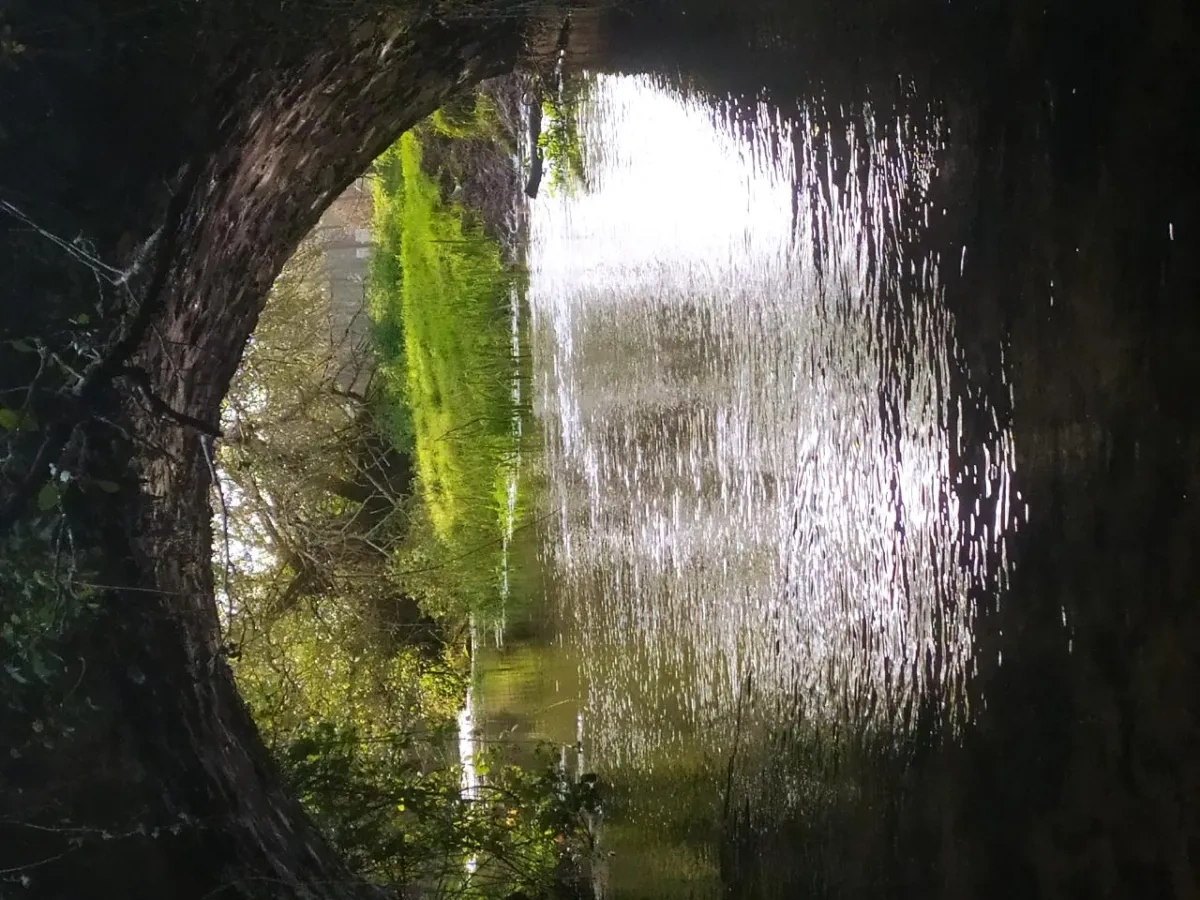

Citizen science monitoring can restore water quality, says DCUWaterBlitz report
The hundreds of samples taken by 108 community and water-related activity groups across sites in all 26 counties of the Republic found that Ireland does not yet have ‘good water quality’ in all water bodies, as it is required to have under the EU Water Framework Direction by 2027.
The ‘big’ story, from the WaterBlitz, says Professor Fiona Regan, the Director of the DCU Water Institute, is not so much what the samples found, but rather the extent of the public’s engagement in the project.
“The scale of the citizen engagement in the project has been outstanding and has the potential to transform how we monitor water quality,” said Prof Regan. “We have citizens from a range of community groups, as well as anglers, divers, all kinds of water uses becoming part of WaterBlitz.”
“We also see that the data citizens are gathering reflects the trends seen by the EPA, but we have the potential now to sample eleven more water bodies through the engagement of citizens throughout the country.”
The report found that 82% of Irish water bodies had ‘high’ or ‘good’ quality water when tested for nitrates, while the equivalent figure for phosphates was 59%.
Susan Hegarty, School of History and Geography at DCU is a researcher focused on studying citizen science for monitoring water quality. “
When we fertilise our farmland, we put these plant nutrients of phosphates and nitrates onto the land surface,” said Professor Hegarty. “Phosphates tend to accumulate at the top of the soil and are easily washed into streams and rivers by surface runoff.”
When these nutrients are found in freshwater in large amounts, it leads to an increase in algae and a reduction in oxygen and water for aquatic species.
“While many areas recorded low levels of phosphates, our participants recorded very high concentrations of phosphates in particular areas, including the river Aughboy in Wexford,” said Prof Hegarty.
“Nitrate levels were found to be higher in the southeast, which is not surprising given this is where more intensive agriculture is practised.”
About one in 10 sample locations recorded water quality as ‘less than good’ and these were located mostly in the south and southeast and in urban areas of Cork and Dublin.
“In north county Dublin, six samples which recorded poor water quality were taken along the Delvin River, which enters the sea north of Balbriggan,” said Prof Hegarty.
“From this work, we can see that there are still a lot of water bodies to protect and restore,” concluded Prof Regan.
